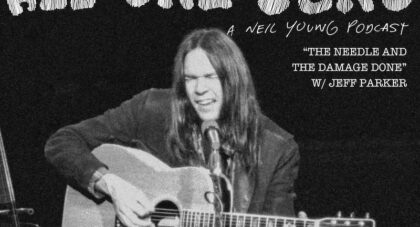Having long ago stepped out from behind the shadow of his iconoclast father, Seun Kuti has kept the fierce independence and self-determination that are a hallmark of his family name, and kept the band his father created together now more than 20 years since his passing.
Kuti’s latest release, Black Times addresses a myriad of issues confronting his native Nigeria, Africa as a whole, and the world beyond. He is unafraid to infuse a precise and clear political message into his music, while simultaneously using the platform of the music of afrobeat itself as an outlet of creative dialogue. AD caught up with Kuti at his studio in Lagos, Nigeria.
Black Times by Seun Kuti & Egypt 80 feat. Carlos Santana
Aquarium Drunkard: You've worked with Robert Glasper on these last two records - can you speak a bit about his role within the record, as well as what you see the role of production being in your music?
Seun Kuti: You know, for me, the production process is separate from the music - because it's mostly live. The production of the music starts during composition. You know, you write melodies, the right tones for the instruments. You know, Glasper adds the final touches in post-production, working on the solos, working on the sounds of the instruments. There are new ideas and we try to incorporate them. So yeah it's always in a stage of production. It's a building process -- even when we mix sometimes I'm doing shit.
Only the good shit. Aquarium Drunkard is powered by its patrons. Keep the servers humming and help us continue doing it by pledging your support.
To continue reading, become a member or log in.


